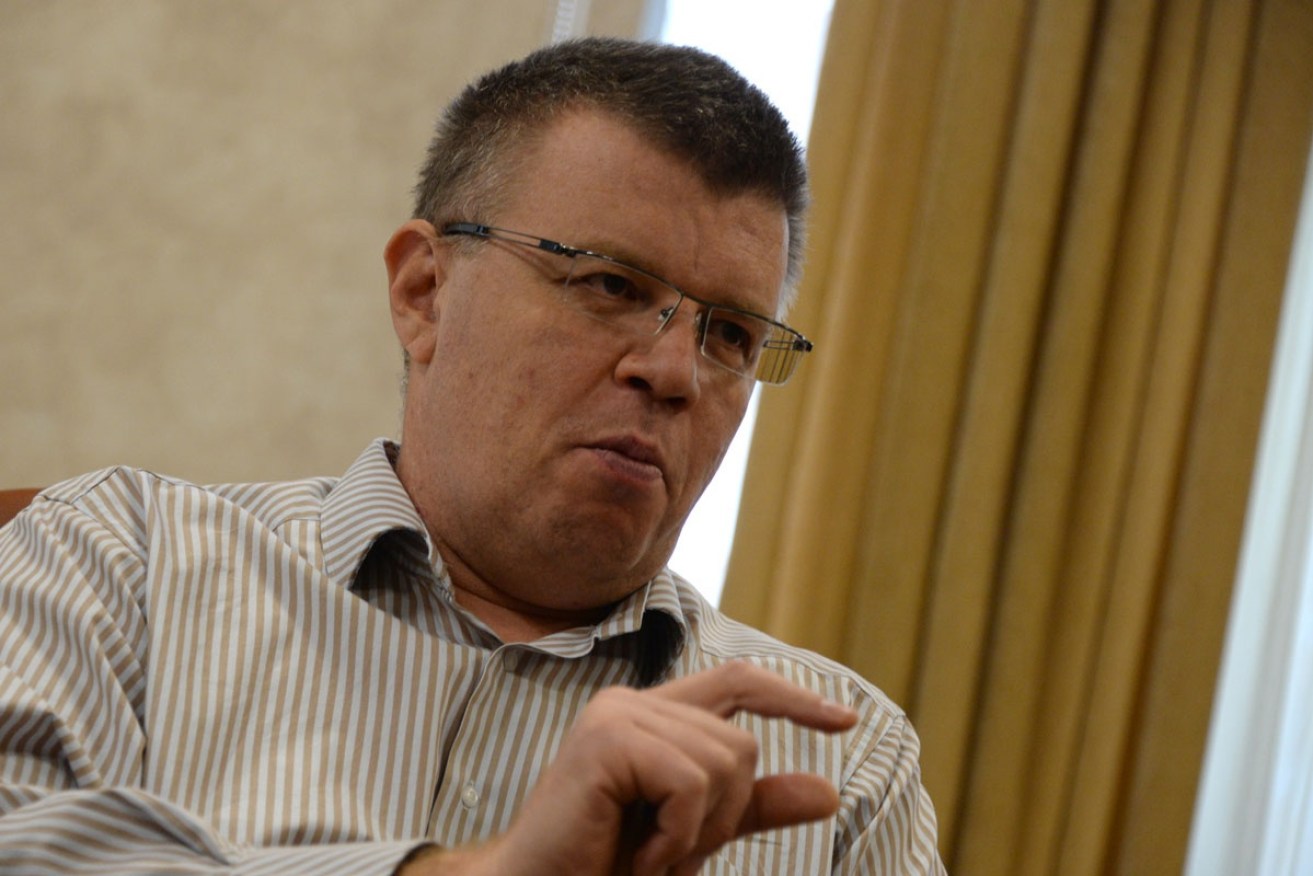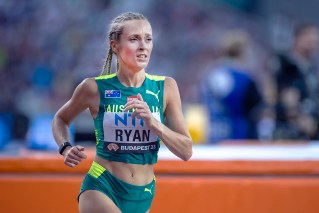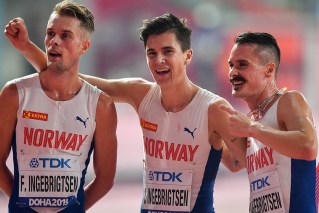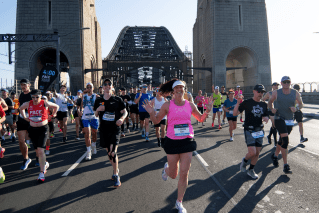Did Russia get rid of doping whistleblower?


Getty
Russia is not beyond disposing of those it perceives as being problematic to the Kremlin.
Back in the 1940s there was the (literal) axing of Leon Trotsky while in exile in Mexico, while in recent years we have seen the demise of modern-day ‘agitators’ like Boris Nemtsov and Alexander Litvinenko.
But could this ruthlessness have expanded into the sporting arena?
• ‘Russians took something from me I can’t get back’
• WADA: London Olympics was sabotaged
• Usain Bolt a victim of athletics’ dirty past
Over the weekend, news emerged that Nikita Kamaev, the former head of the Russian Anti-Doping Agency (RUSADA) who died on February 14, was planning on writing a book detailing performance-enhancing drug use in the country.
RUSADA’s founding chairman Vyacheslav Sinev, who left the organisation in 2010, was found dead on February 3.
Before Kamaev’s sudden death, which has been attributed to a heart attack, he contacted Irish Sunday Times journalist David Walsh – the man whose dogged coverage of cycling cheat Lance Amrstrong was instrumental in exposing him.

Russian Sergey Kirdyapkin defeated Australia’s Jared Tallent for gold in the 50km walk in London, but has since been stripped of that medal for doping. Photo: Getty
Kamaev told Walsh in November he planned to reveal detailed information on doping dating back 30 years, when he began working in a “secret lab” in the former Soviet Union.
Walsh, who authored the definitive text on Lance Armstrong – The Program: Seven Deadly Sins – said Kamaev wanted him to co-author the book.
But Walsh said he was recluctant to work with the 52-year-old because he oversaw the agency at a time when the Russian government had more control over testing.
In an article in The Sunday Times, Walsh said Kamaev had collected “actual documents, including confidential sources, regarding the development of performance enhancing drugs and medicine in sport” as well as communications with the International Olympic Committee and Russian Sports Ministry.
According to his former boss at RUSADA, Ramil Khabriev, Kamaev abandoned his book project because a USA-based publisher wanted too much editorial control of the project.
Russian athletics is in deep trouble – the country is currently banned from track and field competition and will miss out on the Olympics in August unless reinstated.
According to Walsh, Kamaev emailed him on November 21, days after the World Anti-Doping Agency (WADA) said RUSADA were not compliant with their code, shutting the organisation down.
That followed a WADA-commissioned report accusing RUSADA of helping cover up a systematic, state-sponsored doping regime.
Kamaev resigned from RUSADA in December.
And now he is dead, unable to answer questions about what went on in Russian training facilities for the past three decades.









